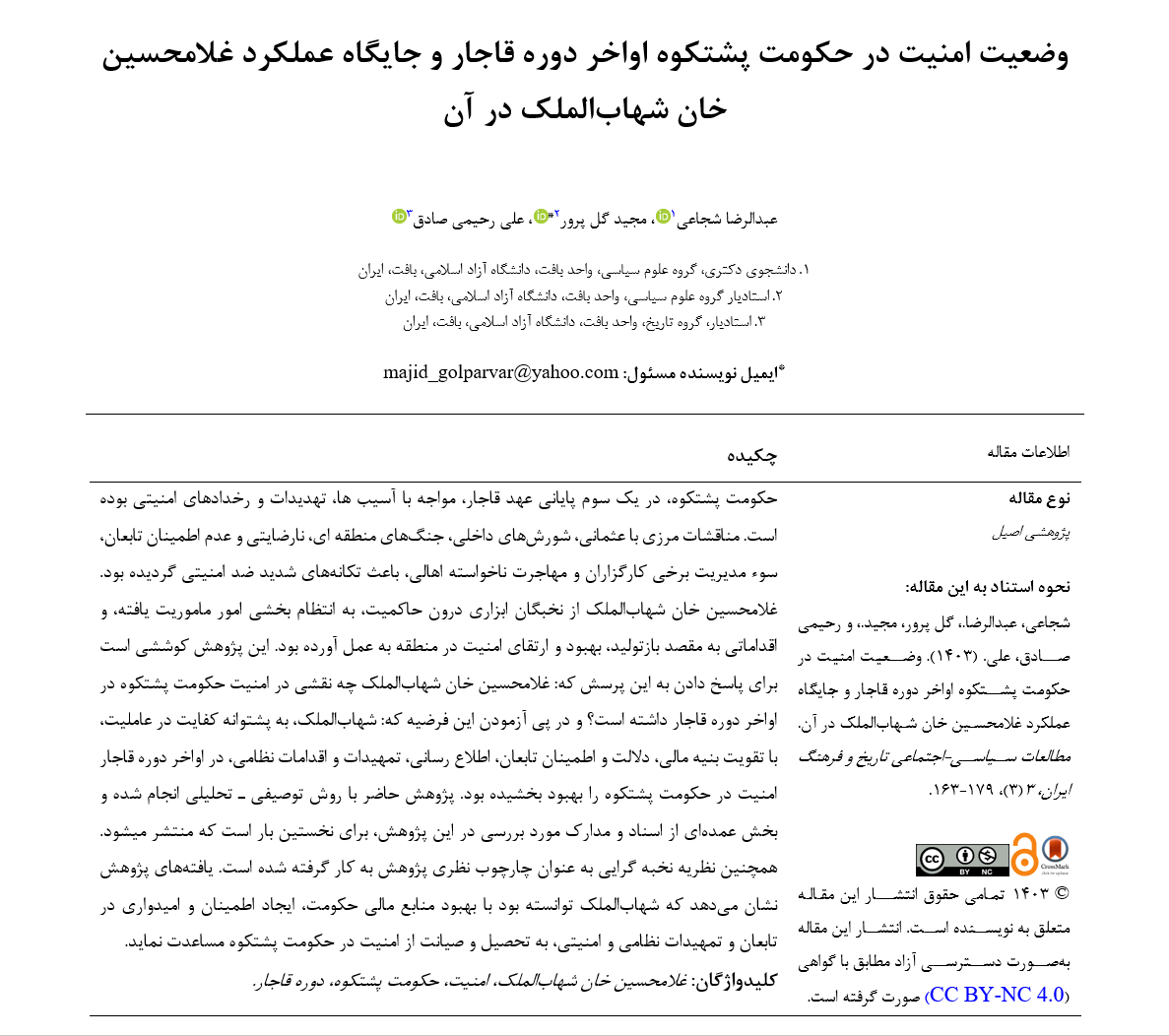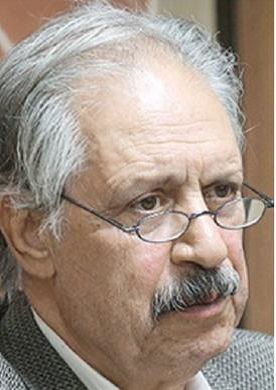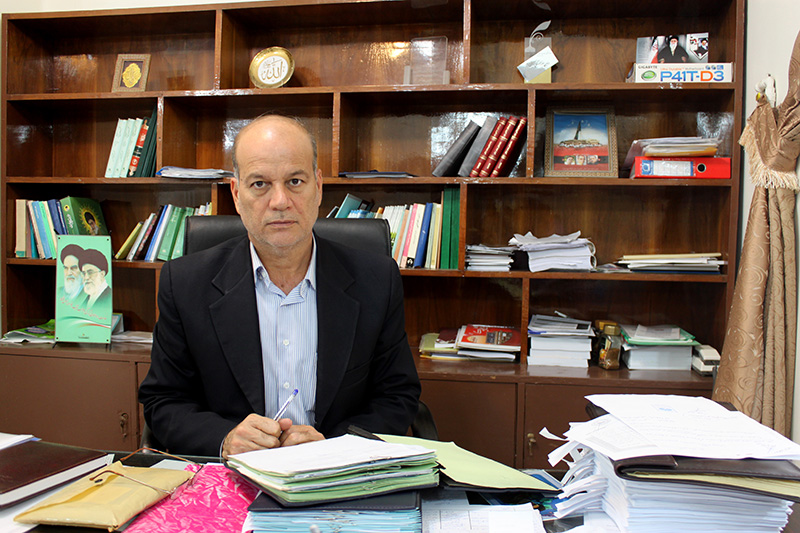The Security Situation in the Pusht-e Kuh Government in the Late Qajar Era and the Role of Gholam Hossein Khan Shahab al-Mulk in It
Keywords:
Gholam Hossein Khan Shahab al-Mulk, security, Pusht-e Kuh government, Qajar periodAbstract
In the final third of the Qajar period, the Pusht-e Kuh government faced various vulnerabilities, threats, and security incidents. Border disputes with the Ottoman Empire, internal uprisings, regional wars, dissatisfaction and lack of trust among subjects, mismanagement by some officials, and the involuntary migration of inhabitants led to severe security disruptions. Gholam Hossein Khan Shahab al-Mulk, a key figure within the ruling elite, was tasked with restoring order and took actions aimed at reproducing, improving, and enhancing security in the region. This study seeks to answer the question: What role did Gholam Hossein Khan Shahab al-Mulk play in the security of the Pusht-e Kuh government during the late Qajar period? It also tests the hypothesis that Shahab al-Mulk, through effective agency, strengthened the financial capacity, guided and reassured the subjects, improved intelligence, and implemented military and security measures, thereby improving security in Pusht-e Kuh during the late Qajar period. The present research has been conducted using a descriptive-analytical method, and a significant portion of the documents and materials reviewed in this study are being published for the first time. Additionally, the elite theory has been used as the theoretical framework of the research. The findings of the study indicate that Shahab al-Mulk was able to contribute to the maintenance and preservation of security in the Pusht-e Kuh government by improving financial resources, building trust and hope among the subjects, and implementing military and security measures.
Downloads


















